Acceptance in Love
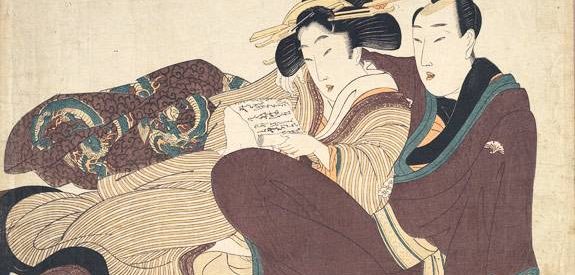
Books by Sally Rooney, Anat Levit, and Daniel Sloss show us how to triumph over tension in relationships: rather than be at war with each other’s pet peeves, lovers share the pain—and perhaps a laugh—when admitting that love is anything but simple.
Parentheticals in Miriam Toews’ Women Talking
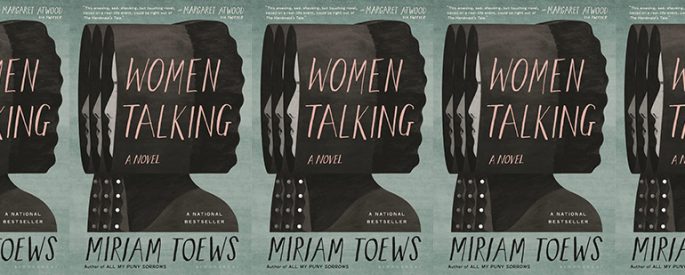
In her 2018 novel, Miriam Toews uses parentheticals to great effect—exploring and undermining ideas about objective narration, and reflecting on power in narration, who gets to narrate particular stories, and how the person who appears to have power in a particular story may not have power at all.
The Social Effects of Technology in Terminal Boredom

In the late Izumi Suzuki’s English language debut, readers are dropped into worlds in which characters have acclimated to the advanced technologies available to them; as a result, we get a deep exploration into how technological innovations have impacted—or not—human interaction.
Knowing and Not Knowing in Italo Calvino’s The Written World and the Unwritten World
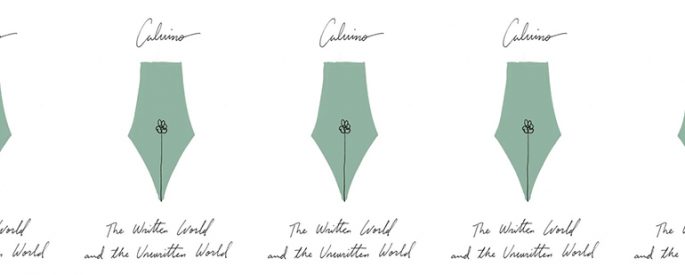
A new collection of Italo Calvino’s nonfiction provides the reader with a deep sense of the range of Calvino’s interests and his open-minded approach to what constitutes art, as well as the pleasure it incites in him.
The Artist as Writer
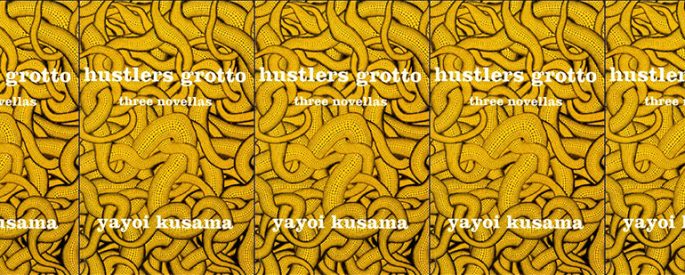
In 1973, Kusama Yayoi returned to Japan from New York and began experimenting with poetry and fiction.
The Perils of Freedom in How to Turn into a Bird
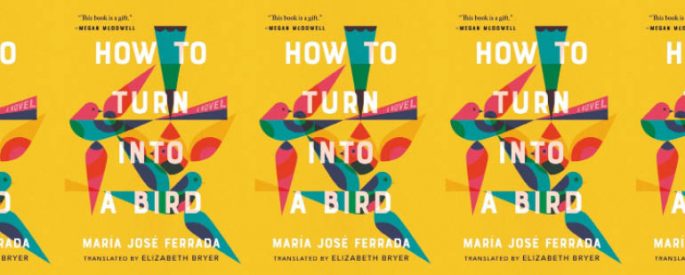
How to Turn into a Bird María José Ferrada Tin House | December 6, 2022 Ramón, the protagonist in How to Turn into a Bird, is not like the others. He left his job working long hours at the factory. He no longer lives within the thin walls of
On Silence

When voicedness in art is tied to vulnerability in life, exposure—and not evasion, denial, and declarative muteness—ensures survival.
The Argument over Empathy

Studies with children have directly connected reading fiction with the development of empathy, but things get messy when we look at how empathy actually works in the real world. Who are we empathizing with, and who are we leaving out? And will it really lead to moral action, or
A Writer Between Worlds

Culture shock is central to Tawada Yôko’s subject matter: her characters tend to be travelers of one kind or another—mail-order brides, bewildered exchange students—forced to wander in the gap between languages, where the meaning of ordinary daily experience turns slippery and weird.
Reading Robert Pinsky’s Jersey Breaks: Becoming an American Poet
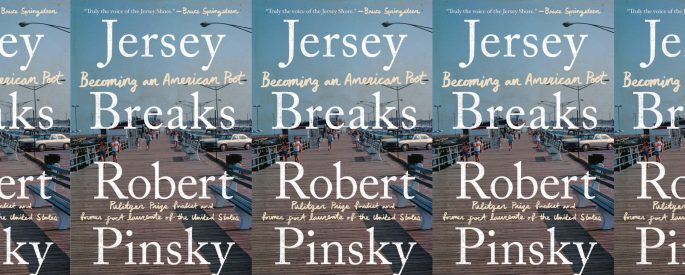
Robert Pinsky’s narrative moves insofar as it leads to poetry: that the events of a life in writing seem a bit accidental; that what sustains a life in writing is not fame, not a cartoon version of oneself chatting with Lisa Simpson, but a commitment to language bordering obsession.